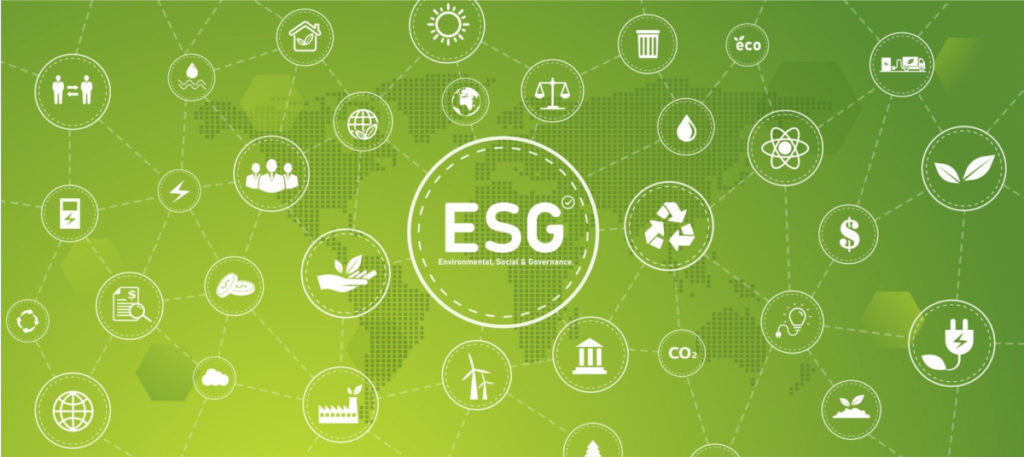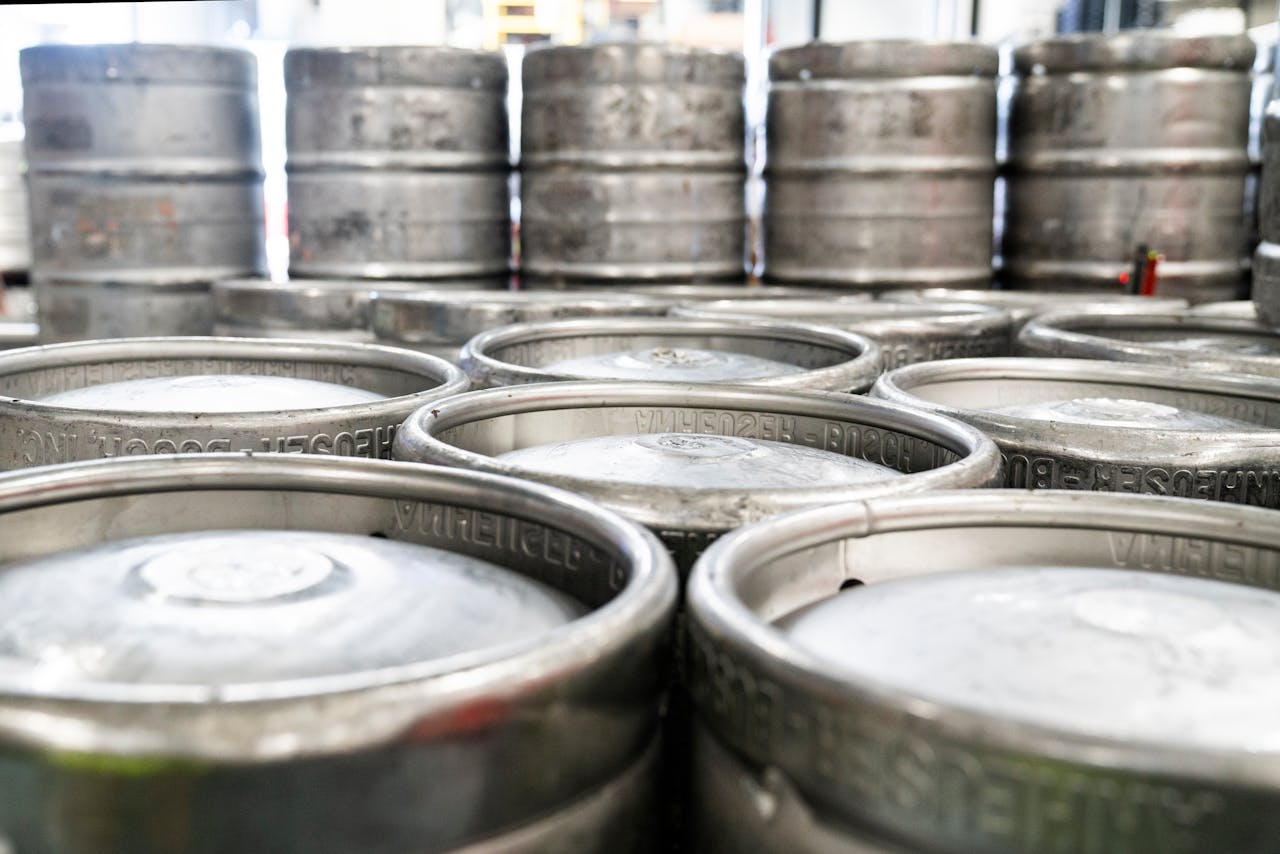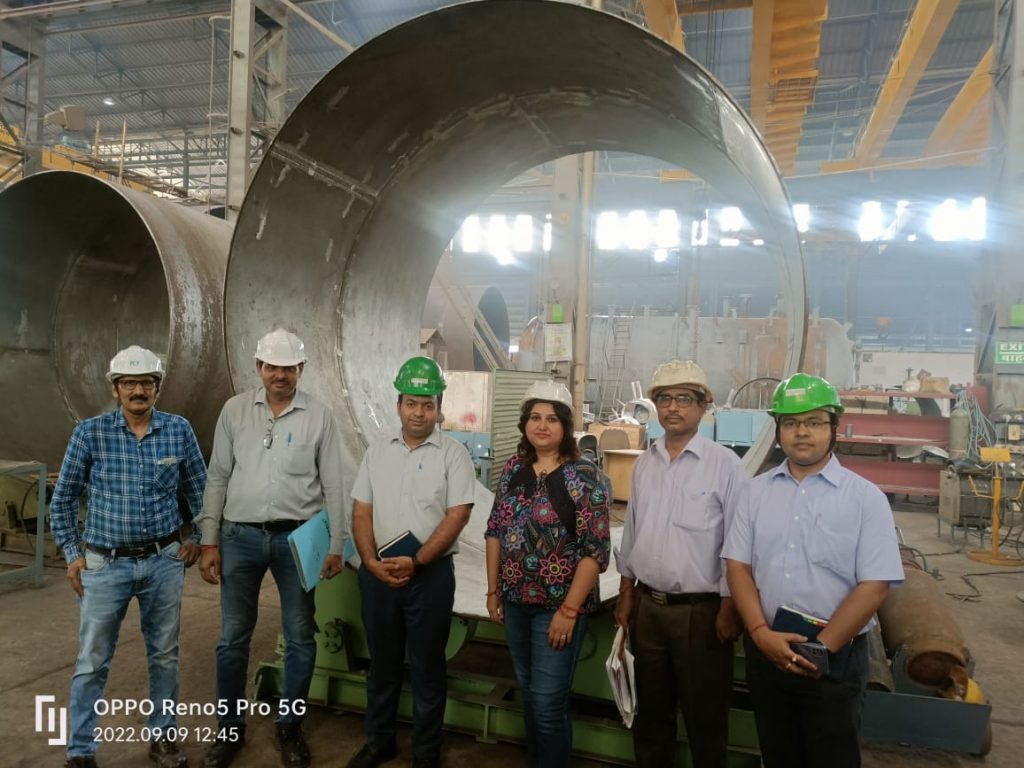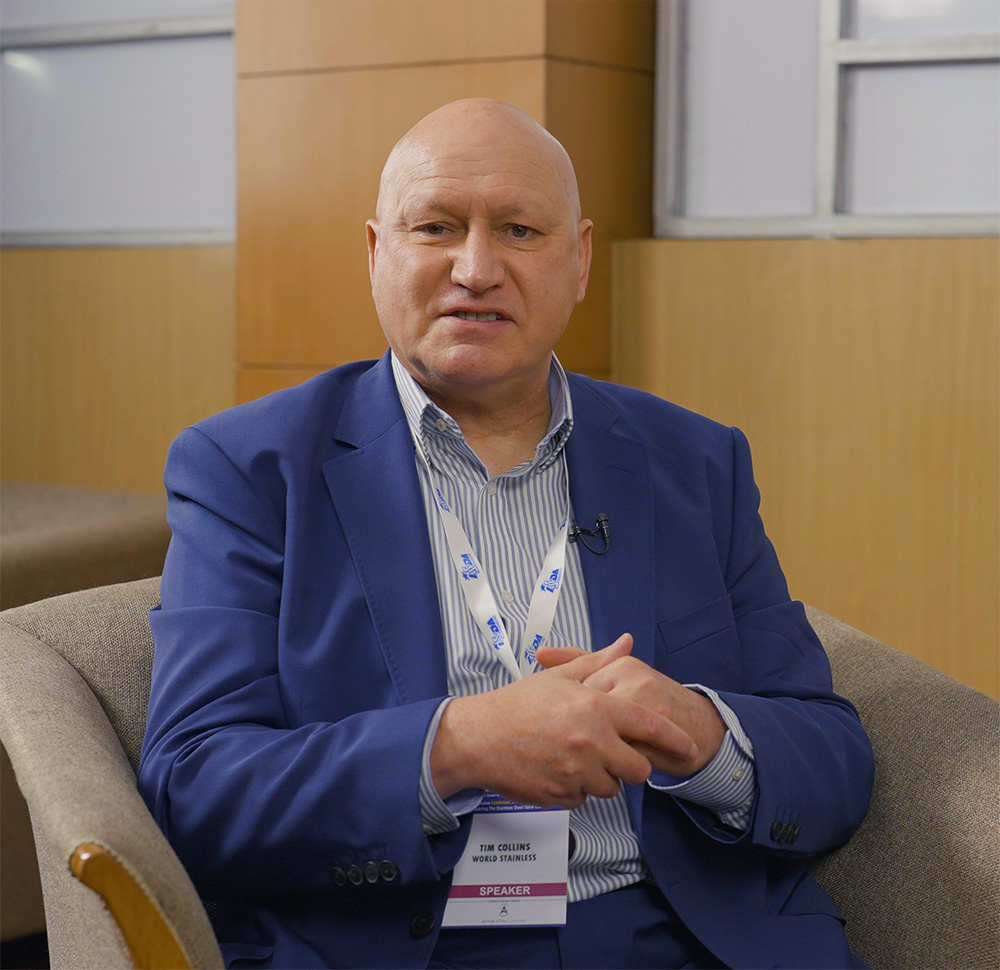Jindal Stainless’ ambitious ESG efforts, plans to commit to Net Zero by 2050
November 28, 2022
Jindal Stainless plans to commit to Net Zero by 2050. From switching to renewable energy alternatives to being India’s first stainless steel Company to set up a Green Hydrogen Plant, Jindal Stainless is dedicated to achieving its ESG targets. Read about the initiatives that are underway at Jindal Stainless and how the Company is reducing its CO2 emissions.

Why is it important for the steel industry to achieve ESG goals?
The steel industry is one of the most energy-intensive sectors in the world and accounts for almost 8-9% of global CO2 emissions. India’s steel production is expected to increase to 300 million tons in 2030, from 118 million tons in 2021. While production grows, the CO2 emissions from India’s steel sector is expected to triple by 2050. Therefore, it is important to keep a check on carbon emissions. India has committed to achieving Net Zero by 2070. This commitment urges all the Companies in India to look for avenues that help them reduce their carbon emissions. Some of the hard-to-abate sectors like steel, cement, etc. have already begun their decarbonization roadmap. Moreover, Environmental, Social, and Governance (ESG) parameters have become necessary for export-oriented businesses due to changing global policy landscape. For example, the carbon tax on both imports and domestic production, customs duty on imports, and an extension of the EU ETS to imports.
What are some of the parameters to judge its accomplishment by a Corporate?
Some of the major parameters include ESG rating, ESG KPIs, and GHG Emission numbers.
How is Ernst & Young (EY) working with Jindal Stainless to improve its ESG performance? What is EY’s assessment so far?
Ernst & Young is working with Jindal Stainless to develop a strategic and phase-wise roadmap to achieve the Company’s ESG and Decarbonisation goals. EY supports Jindal Stainless in analysing material issues related to governance, sustainability, and societal factors that are likely to affect the operational and financial performance of the Company. Jindal Stainless has initiated Project Samanvay to forecast its GHG emissions and establish emission reduction targets in line with the Science Based Target Initiative (SBTi). The Company has plans to commit to Net Zero by 2050.
Jindal Stainless will be releasing ESG Report and BRSR (Business Responsibility and Sustainability Report) for FY22. The Company plans to do this before it is mandatorily asked by SEBI to start making such reports available to the public domain. The Company will also undertake carbon accounting covering current and future emissions.
What are some of the planned initiatives by Jindal Stainless in order to achieve its ESG goals?
Jindal Stainless believes in inclusive growth and has ensured that it takes a sustainable path of expansion. The Company has already switched from a thermal energy-intensive manufacturing setup to renewable energy alternatives such as solar and wind, Green Hydrogen, and the usage of biofuels. As a result, it has successfully reduced ~1.4 lakh tonnes of CO2 in FY22 through various initiatives. Also, Jindal Stainless is set to become India’s first largest stainless steel Company to install a Green Hydrogen plant.300 MW of Hybrid Renewable Energy projects to supply power on an RTC basis by FY 2023-24 alone is capable of reducing 16.75 lakhs of CO2 per annum, installation of a 6.1 MW Floating Solar Plant is capable of reducing 11051 tonnes of CO2, Green Hydrogen project of 790 NM3/Hr is capable of reducing 25000 tonnes of CO2. The rolling out of EVs, extensive energy recovery through WHRBs, innovative Energy efficiency & conservation projects, and switching to rail from the road & other RE initiatives under CSR schemes combined are capable of reducing 98000 tonnes of CO2. All in all, the Company can reduce CO2 emissions of around 17.85 lakh tonnes at both its Jajpur & Hisar facilities. It is also deriving a comprehensive road map to achieve Net Zero by 2050.
On the Social front, 65-70% of stainless steel scrap and 100% of other raw materials are sourced domestically enabling suppliers to grow and providing opportunities that help them in the marketplace. The Company will also be touching 1 million lives by the end of the decade through its continuous CSR efforts.
On the Governance front, Jindal Stainless aims to improve diversity in the workplace, curate a standalone Human Rights Policy, review the existing policies and incorporate ESG criteria, and create a roadmap to achieve Digital Transformation.






